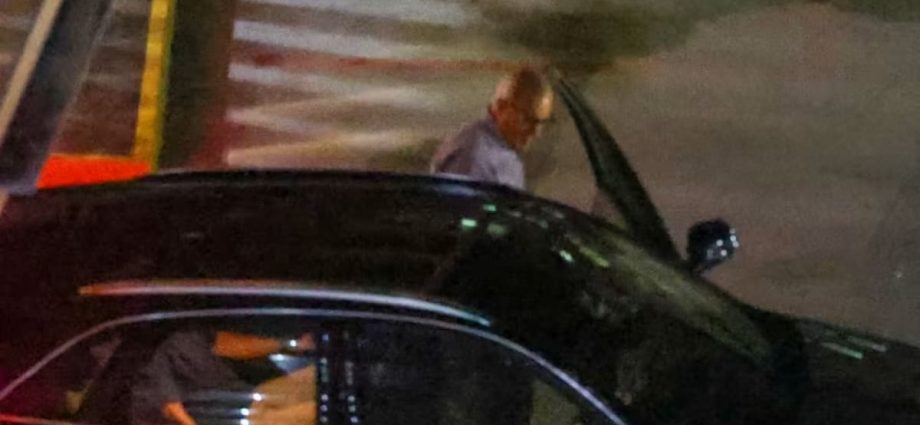
CPIB DOES NOT REQUIRE PM’S CONCURRENCE TO CONDUCT INVESTIGATIONS
On CPIB’s investigations, Mr Leong Mun Wai (NCMP-PSP) and Mr Louis Chua (WP-Sengkang) asked whether all of its investigations require the Prime Minister’s concurrence and if the bureau is obliged to seek his concurrence to open formal investigations for potential offences it has uncovered.
To this, Mr Chan said that although the bureau reports directly to the Prime Minister, it is “functionally independent” and does not require the Prime Minister’s concurrence to conduct its investigations.
“In this case, it kept the Prime Minister informed and sought his concurrence to initiate formal investigations of Minister Iswaran because the investigations concerned a Cabinet minister,” he said.
Mr Chan added that Prime Minister Lee Hsien Loong concurred within a day of receiving CPIB’s report.
He also said that under the Constitution, if the Prime Minister refuses to give his consent, the director of CPIB can go directly to the President for her or her concurrence to proceed with a CPIB investigation.
However, he noted that there has never been a prime minister who has impeded CPIB’s work.
Mr Chan added that there are also Constitutional safeguards for the appointment or removal of the director of CPIB, which require the concurrence of the President.
Addressing a question by Mr Zhulkarnain Abdul Rahim (PAP- Chua Chu Kang) on whether there will be a review of the Code of Conduct for ministers, Mr Chan said that the government will continue its regular reviews and updates while taking into account evolving circumstances and needs.
In response to questions relating to the Public Service’s Code of Conduct and avenues for public officers to report wrongdoing and protection of whistle-blowers, Mr Chan said that the Code sets out the principles and rules that public officers must abide by.
“It is periodically refreshed to ensure that the integrity and high standards of the Public Service are upheld,” he said.
In the course of their work, public officers may come across different requests, be it from colleagues, friends, members of the public, or political office holders.
“When handling these requests, officers are expected to maintain a high level of professionalism, and safeguard the confidentiality of official information, as well as the political impartiality of the Public Service,” said Mr Chan.
He added that should an officer be unsure of a request because it seemed inappropriate or unrelated to official work, he should consult and seek guidance from his supervisor.
“If the request comes from his supervisor, or a more senior officer, the officer can escalate the matter appropriately through the chain of command – including directly to his permanent secretary, the head of agency, the head of civil service, or the minister in-charge of the Public Service.”
This article was originally published in TODAY.

